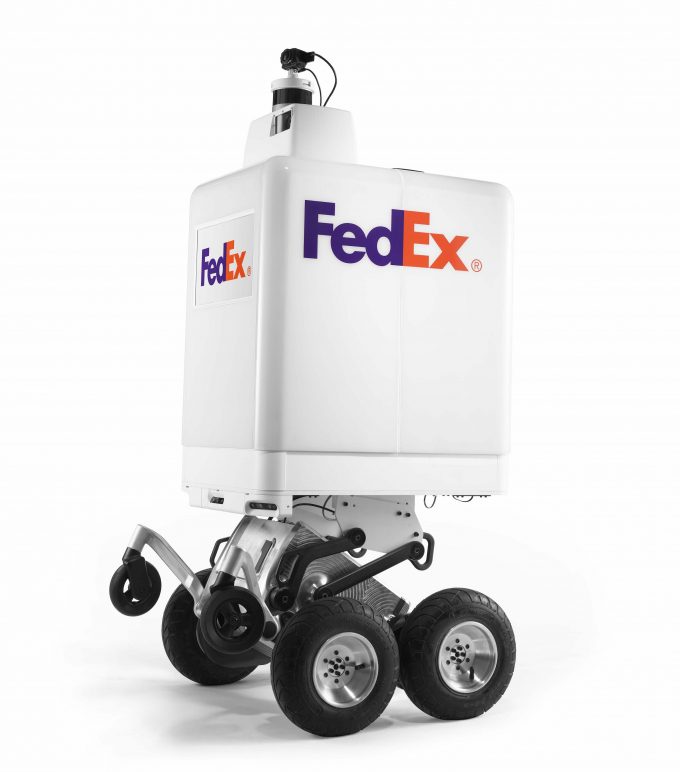Guidance on tariffs – FedEx top brass on hand to help
Love the cat but there’s a lot to unpack

FedEx today launched its new cutting-edge robotic last-mile delivery solution – the FedEx SameDay Bot.
It said it was collaborating with AutoZone, Lowe’s, Pizza Hut, Target, Walgreens and Walmart “to help assess retailers’ autonomous delivery needs”, given that according to some estimates, up to “60% of ...
Keep our news independent, by supporting The Loadstar
Four crew members still missing as Wan Hai 503 continues to burn
Explosions and 'out-of-control' fire reported on Wan Hai box ship
Carrier price hikes hold, driving spot rates higher as space gets scarcer
Crew forced to abandon ship in latest fire on vessel carrying EVs
The Loadstar Podcast | Transport Logistic and Air Cargo Europe 2025
Transpacific rates ease as capacity boost proves too much for trades to digest
Turkish Airlines falls foul of air safety regulations, claims India's aviation authority

Comment on this article
Alan Hedge
February 28, 2019 at 7:27 pmPlease note that George Mason University is located in Fairfax, Virginia.